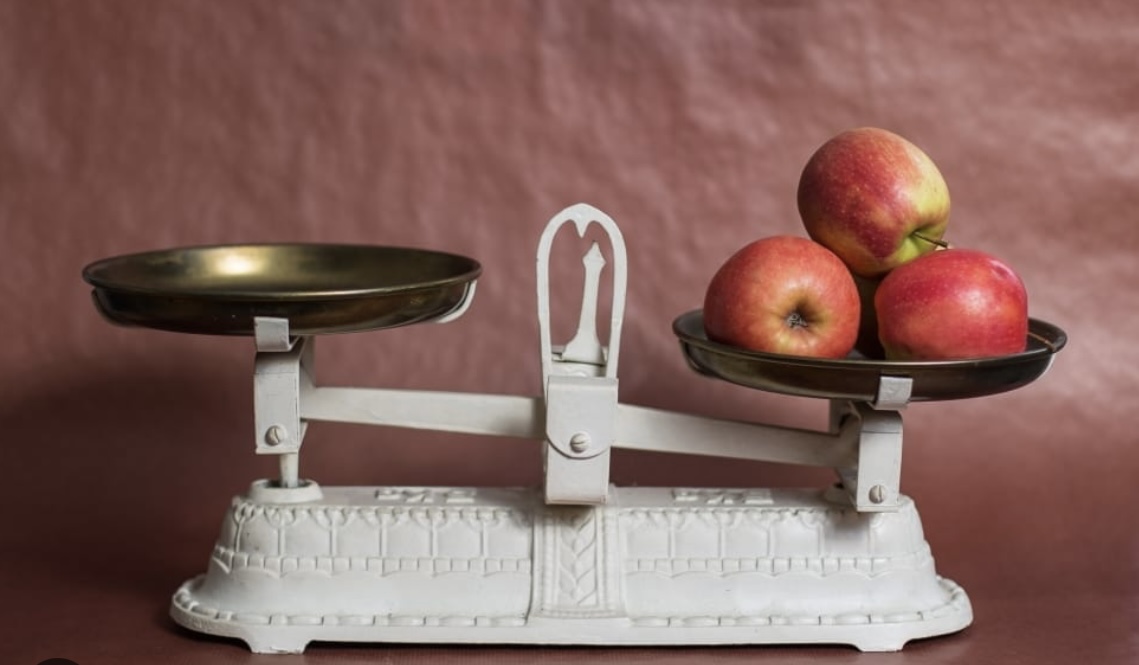
Balanced Control
By: Nutritionist S. Keith Klein IV CN CCN
Relapse Prevention Series on Lifestyle
In our quest for happiness and fulfillment, we often find ourselves trapped in a cycle of trying to control too many aspects of our lives. We believe that by having control over everything we can shape our reality exactly as we desire, thinking that by doing so it will lead to happiness and contentment. However, what the pursuit of control often ends up creating is even more unhappiness than we initially anticipated.
When we cling to the need for control, we burden ourselves with an immense responsibility for the outcomes of our lives. We start believing that we have the power to dictate what people think of us, who grants us opportunities, who we will date, or where we will find employment. While we may exert some influence over these aspects, the truth is that life is inherently unpredictable, and attempting to control it is entirely a futile endeavor.
The beauty of life lies in its unpredictability. The unexpected twists and turns, the chance encounters, and the spontaneous moments of joy are what make life so precious. By embracing the unpredictability, we open ourselves up to new experiences and opportunities that we could never have imagined. It is in these moments that we truly connect with the essence of being alive.
Moreover, the incessant need for controlling things prevents us from fully appreciating the life we already have. We become so consumed with chasing after an idealized version of our existence that we fail to recognize the beauty and value of the present moment. We worry about finding the perfect partner, and once that is achieved, we shift our focus to finding the perfect job. The cycle continues, and we are constantly trapped in a state of dissatisfaction.
In reality, happiness does not lie in the pursuit of control, but rather in embracing the present moment and finding contentment within ourselves. When we let go of the need to control everything, we free ourselves from the burden of unrealistic expectations and allow life to unfold naturally. We learn to adapt, to appreciate the small joys, and to navigate the challenges with grace and resilience.
By relinquishing control, we create space for growth, self-discovery, and serendipity. We become open to new possibilities and perspectives, and we cultivate a sense of acceptance for the things we cannot change. Instead of striving to control external circumstances, we shift our focus inward and work on developing our inner strength, resilience, and peace of mind.
Trying to control everything in our lives only serves to create unhappiness and discontentment. Life is unpredictable, and the beauty of it lies in embracing the unknown. By relinquishing the need for control, we can find peace within ourselves and discover the joy that comes from living in the present moment. Letting go of control allows us to embrace the ebb and flow of life, fostering personal growth and true fulfillment. So, instead of struggling for control, let us learn to surrender and find happiness in the beauty of life’s surprises.
The key is striking a balance between controlling everything and acceptance which is crucial for our overall well-being. While attempting to control every aspect of our lives can lead to stress and unhappiness, there are certain areas where exercising control is both necessary and beneficial. By recognizing the distinction between the things we can control and those we cannot, we can navigate life more effectively and experience greater contentment.
In many areas of life, relinquishing control is essential. External circumstances, such as the actions and decisions of others, are beyond our direct influence. Continuously trying to control these factors can result in a lot of frustration and disappointment. However, focusing our energy on the aspects we can and should control empowers us to make positive changes and improve our lives. Prioritizing our health, for instance, by choosing to cook and eat nutritious foods and engaging in regular exercise, are actions that are within our control. By taking charge of these areas, we enhance our physical well-being, boost our energy levels, and promote long-term vitality.
For example, you can control you weight, blood pressure, blood sugar, energy levels, and productivity by working out on a regular basis and cooking and carrying your own food. Just like you show up for work on time every day, which you are in control of, it’s essential that you take the time to protect your health. But where these things might feel like a “have too,” to some people, it’s essential that we stop seeing them as such. What works much better is to view taking care of your health as a “want too,” instead of a “have too.” Why? Because when you view a task as a want too, it doesn’t feel like you are forcing or exerting control over those things, but rather, it feels good, like you’re doing something you want to for yourself and your own benefit.
Embracing the concept of control over the things we can influence and acceptance of the things we cannot allows us to find a harmonious balance. It allows us to let go of unnecessary stress and worry, while channeling our efforts into areas that truly matter. By directing our focus towards self-improvement and personal growth, we cultivate a sense of empowerment and leads to more fulfilling lives. Ultimately, understanding the difference between what we can and should control verses the things we cannot brings us closer to achieving a state of inner peace and happiness.
Copyright 2023 S. Keith Klein IV CN CCN